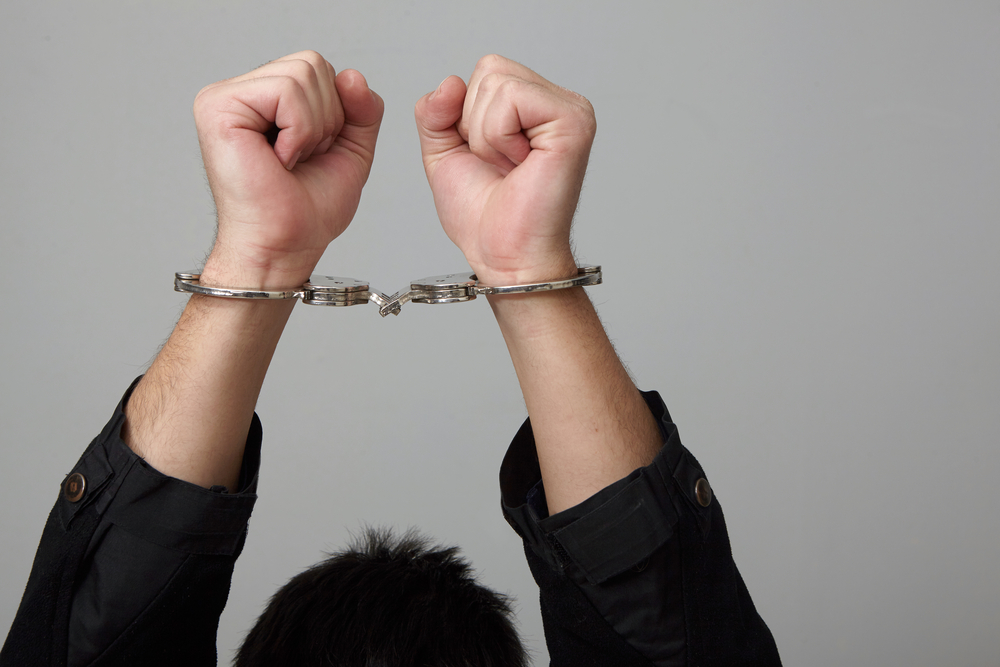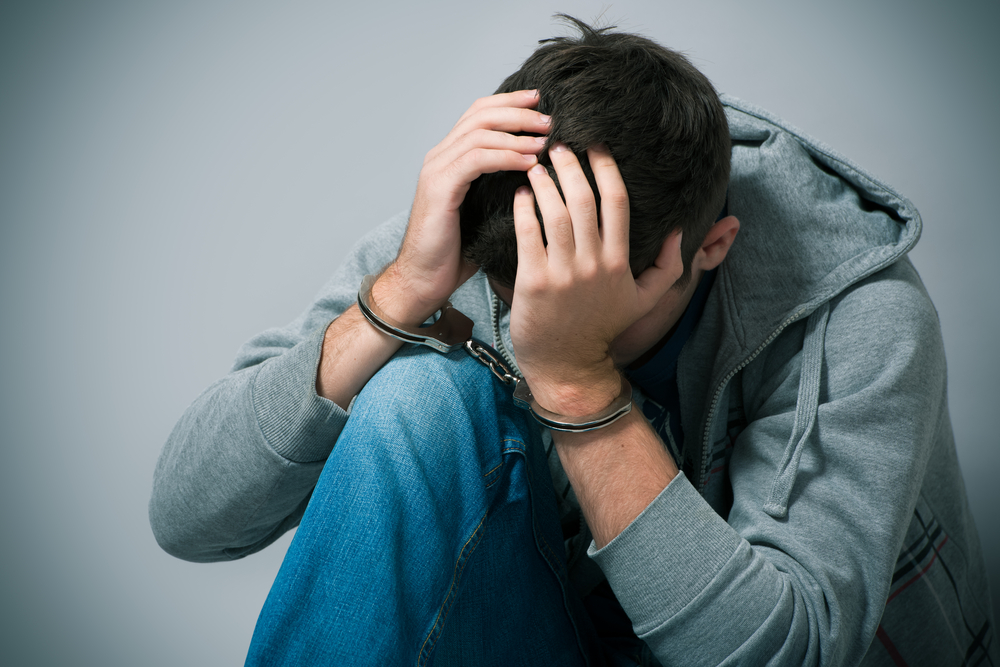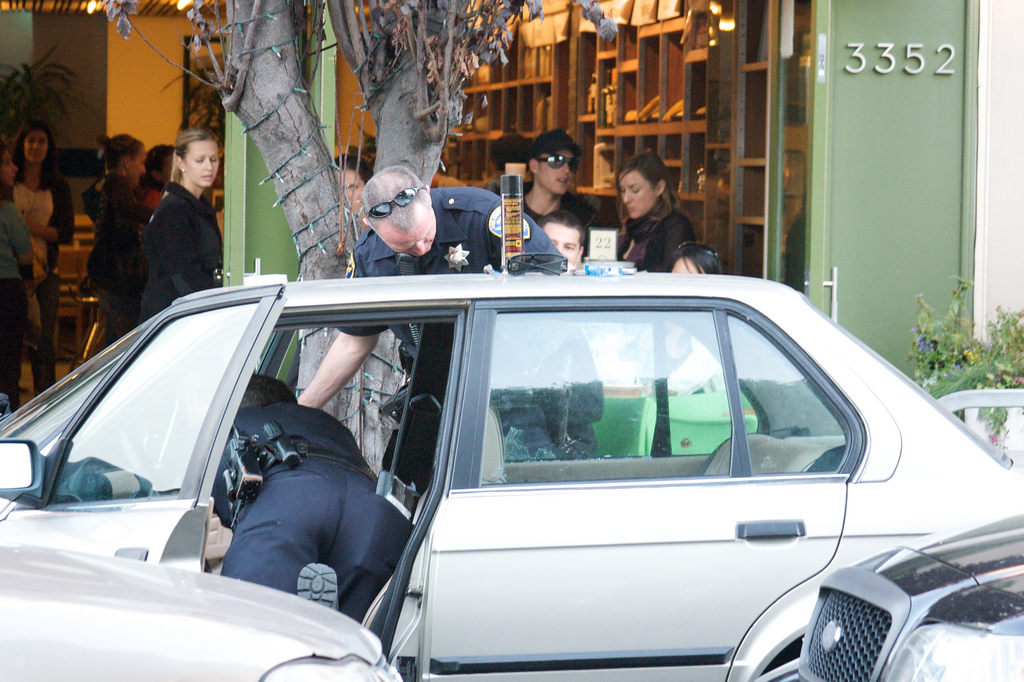There are strange crimes that occur throughout the year, but the crimes that happen around the holidays take the cake. For some reason, this time of year brings out a creative streak in some people that choose not to follow the law. Here are some of the strangest holiday crimes recorded in recent history.
- Black Friday Stampede
If you have braved a Black Friday shopping event, you know how crazy it can get. In 2008, a throng of shoppers lined the Walmart building, waiting for them to open. Minutes before the doors opened, the crowd turned unruly, using their bodies to get past the locked-doors and into the store. Not only were workers injured, but one was trampled to death by the massive stampede.
- Stolen Trees
It is not as common today as it was several years ago in the midst of the recession, but stealing Christmas trees is a sad holiday occurrence. Should you see what appears to be an apparent theft from a tree lot, due your duty and call the local authorities.
- Death of a Snowman
Some of us enjoy lawns filled with decorations. Others of us loathe the idea. No matter your opinion, it is never considered in good taste to put an inflatable out of its misery. Teenagers of late have found it an enjoyable activity to puncture inflatable lawn decorations. They haven’t found it so enjoyable to be charged with vandalism.
- Bad Santa
Children and adults alike love to see Santa at the local shopping center. Tell him your secret wish and you just may get what you have been hoping for this year. Just hope that Santa doesn’t tell off-color jokes on the job or you may not be seeing him any time soon.
- Santa Turns Thief
Each year, there is someone out there that thinks dressing like Santa while in the commission of a crime will keep them from being caught. It rarely does. Even though there are hundreds of Santas milling about this time of year, police have other ways to identify criminals than looks alone.
If you have been charged with a crime, contact our criminal defense team today. Our lawyers will provide you with a free case evaluation and help you determine how to proceed. Call us today and let us begin building your defense.


 According to Florida’s criminal statute of limitations, a prosecutor only has so much time to file charges against a person. In the case of serious crimes like murder, there is no time limit. In other crimes, particularly misdemeanors and non-violent felonies, a statute of limitations kicks in from the commission of the alleged crime. Here are the basic provisions as set forth by the state of Florida.
According to Florida’s criminal statute of limitations, a prosecutor only has so much time to file charges against a person. In the case of serious crimes like murder, there is no time limit. In other crimes, particularly misdemeanors and non-violent felonies, a statute of limitations kicks in from the commission of the alleged crime. Here are the basic provisions as set forth by the state of Florida.
 As criminal defense attorneys, we speak with clients and potential clients on a daily basis. We have heard thousands of questions, and many have been asked repeatedly. There are things that most people wonder after being charged with a crime and taken into custody. This is especially true of people who have never been arrested before.
As criminal defense attorneys, we speak with clients and potential clients on a daily basis. We have heard thousands of questions, and many have been asked repeatedly. There are things that most people wonder after being charged with a crime and taken into custody. This is especially true of people who have never been arrested before.
 When a police officer suspects that a minor has violated the law in some way, that minor can be arrested and charged with a crime. Other options include being issued a citation or being held in custody until they can be released to their parent or guardian. Typically, these instances can be fairly straightforward and easy to resolve.
When a police officer suspects that a minor has violated the law in some way, that minor can be arrested and charged with a crime. Other options include being issued a citation or being held in custody until they can be released to their parent or guardian. Typically, these instances can be fairly straightforward and easy to resolve.
 One of the things that a parent may dread the most is learning that their teenager has been arrested and charged with a crime. If this happens to you, chances are high that your first instinct will be to hire an attorney. This is the right idea, but
One of the things that a parent may dread the most is learning that their teenager has been arrested and charged with a crime. If this happens to you, chances are high that your first instinct will be to hire an attorney. This is the right idea, but 
 You are driving down the road and all of a sudden see lights and hear sirens coming up behind you. Your stomach drops when you realize those lights and sirens are for you. It’s something that happens to people everyday on roadways across America. For some, the stop ends in a warning. For others, it ends in what could very well be a violation of civil rights.
You are driving down the road and all of a sudden see lights and hear sirens coming up behind you. Your stomach drops when you realize those lights and sirens are for you. It’s something that happens to people everyday on roadways across America. For some, the stop ends in a warning. For others, it ends in what could very well be a violation of civil rights.
 You and your friends go out to the bar and consume a few too many adult beverages. You know that it isn’t safe to drive home, but you don’t have money for a cab. You are considering walking home, but you have heard of
You and your friends go out to the bar and consume a few too many adult beverages. You know that it isn’t safe to drive home, but you don’t have money for a cab. You are considering walking home, but you have heard of 
 Prince, the music icon, died in the spring. Later, it was learned that he
Prince, the music icon, died in the spring. Later, it was learned that he